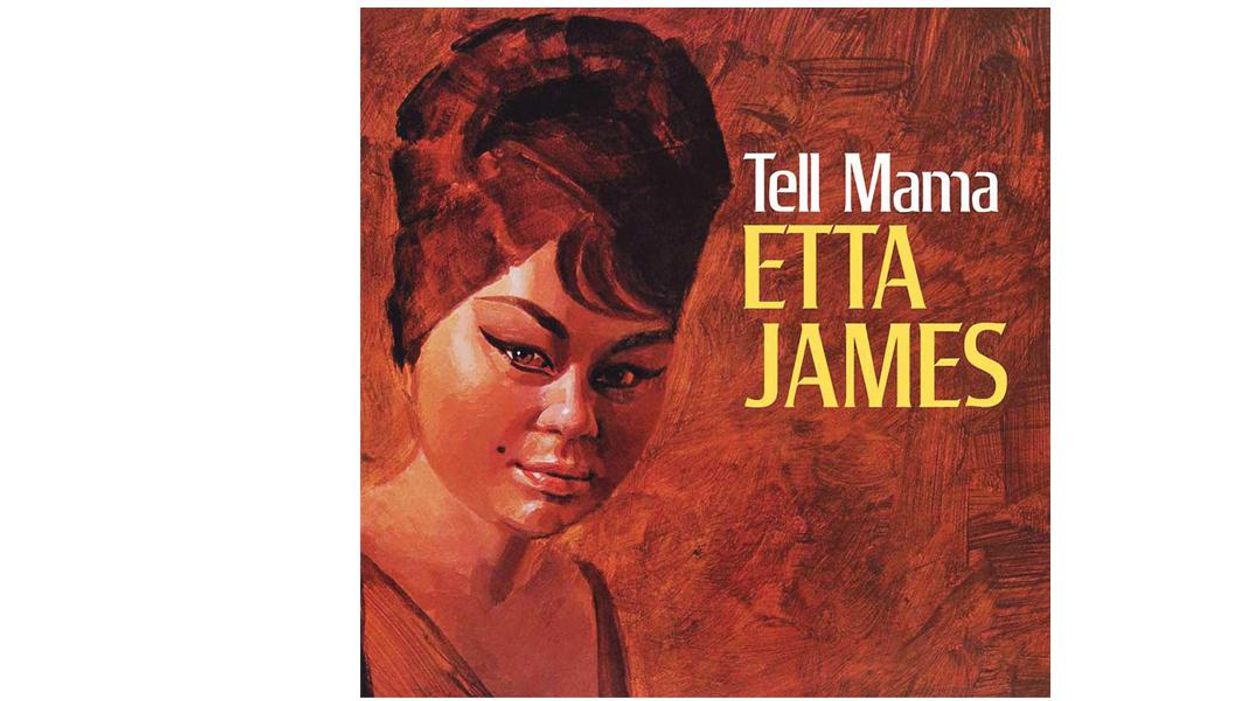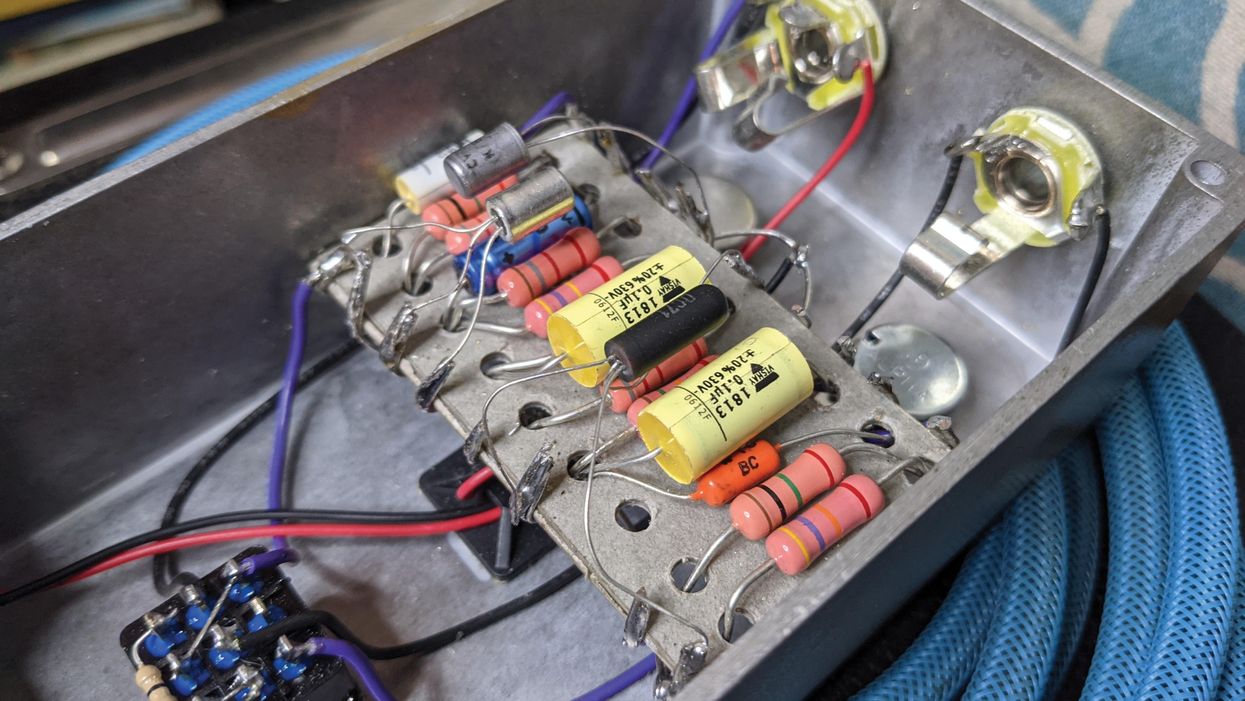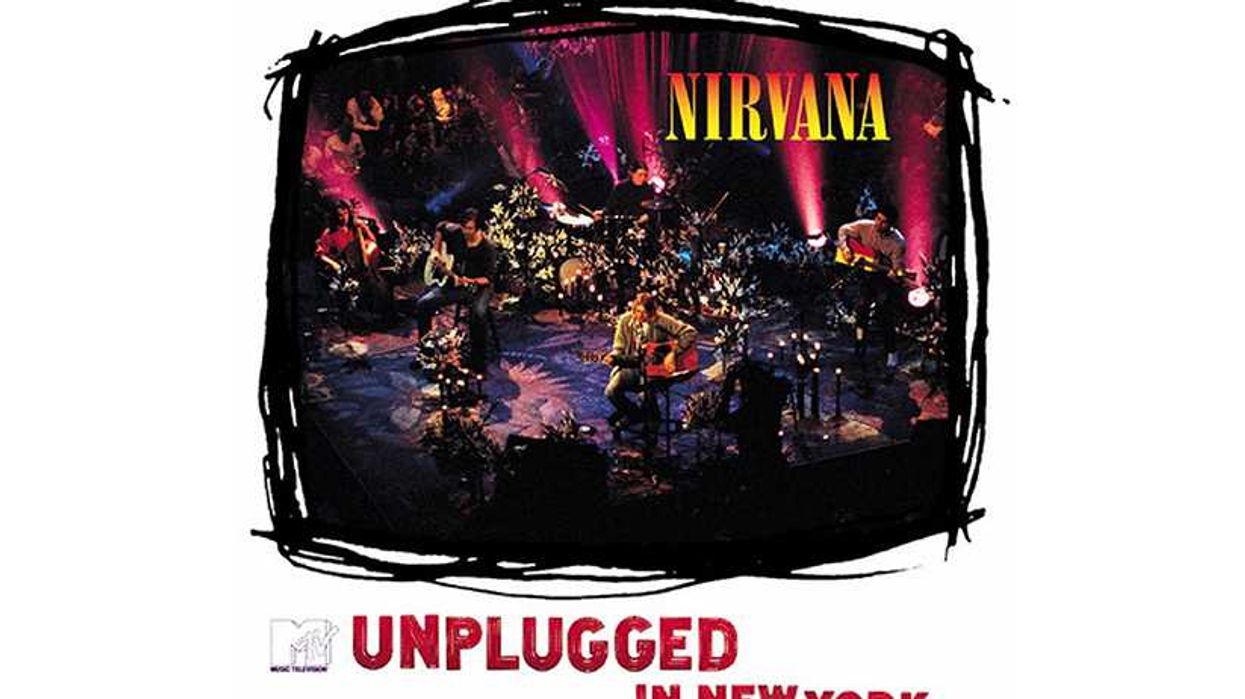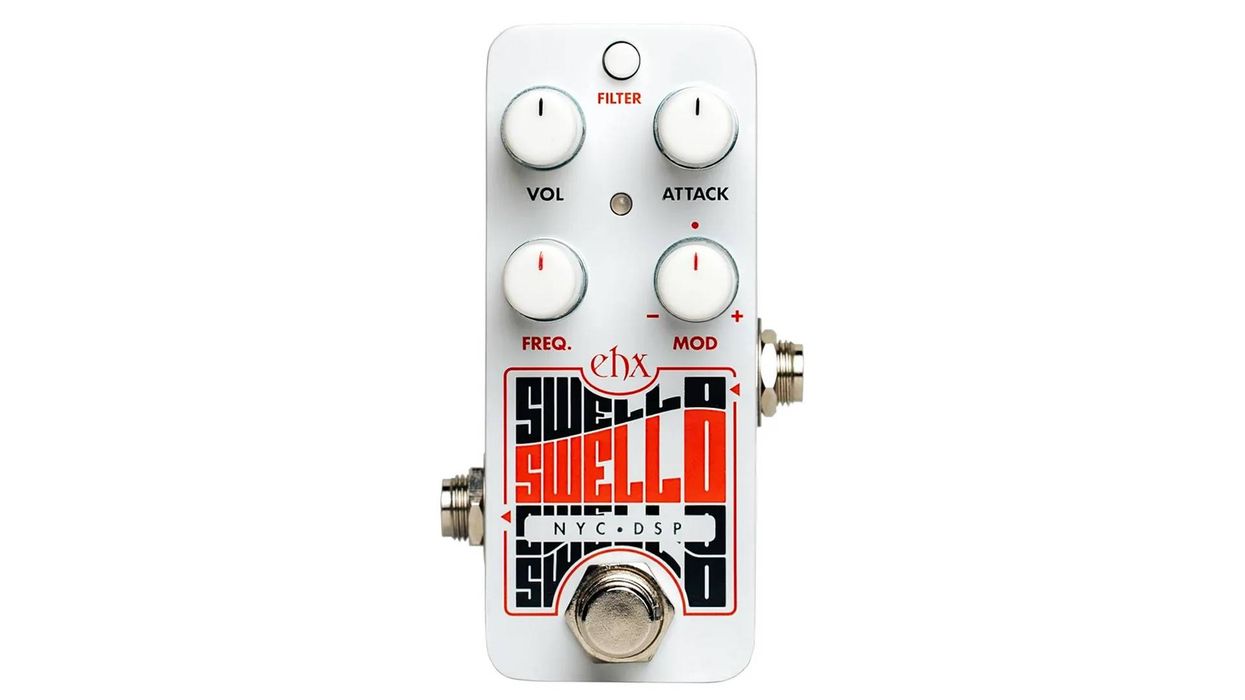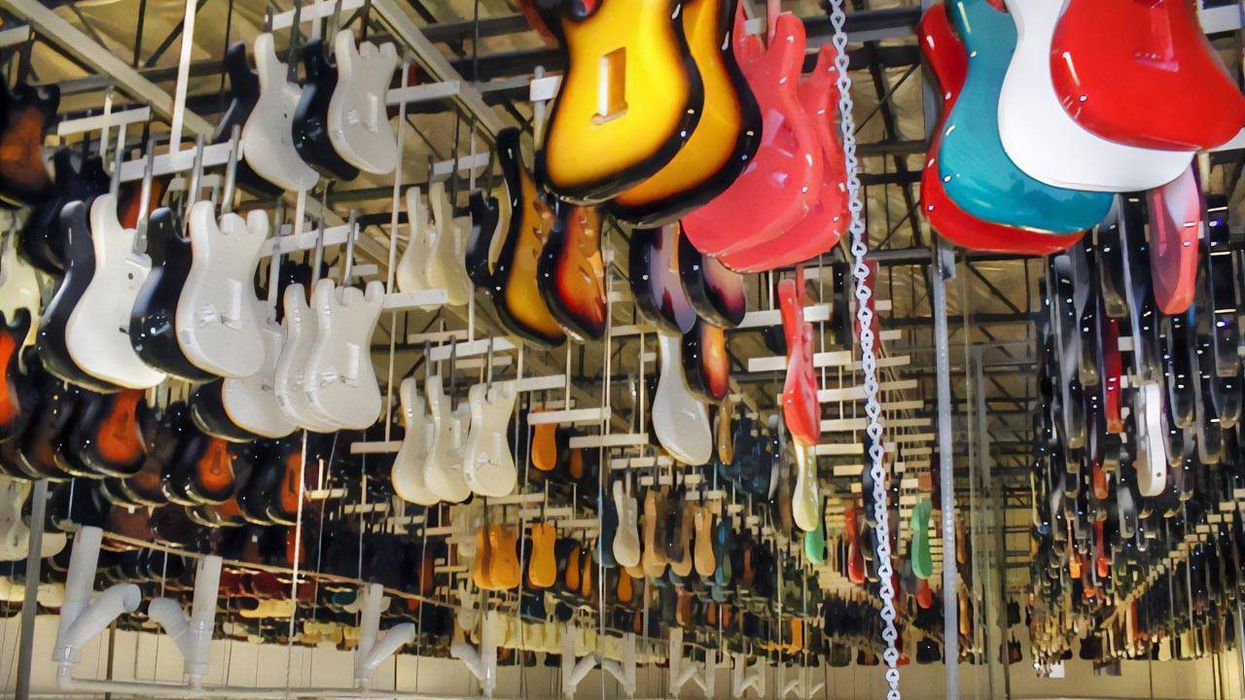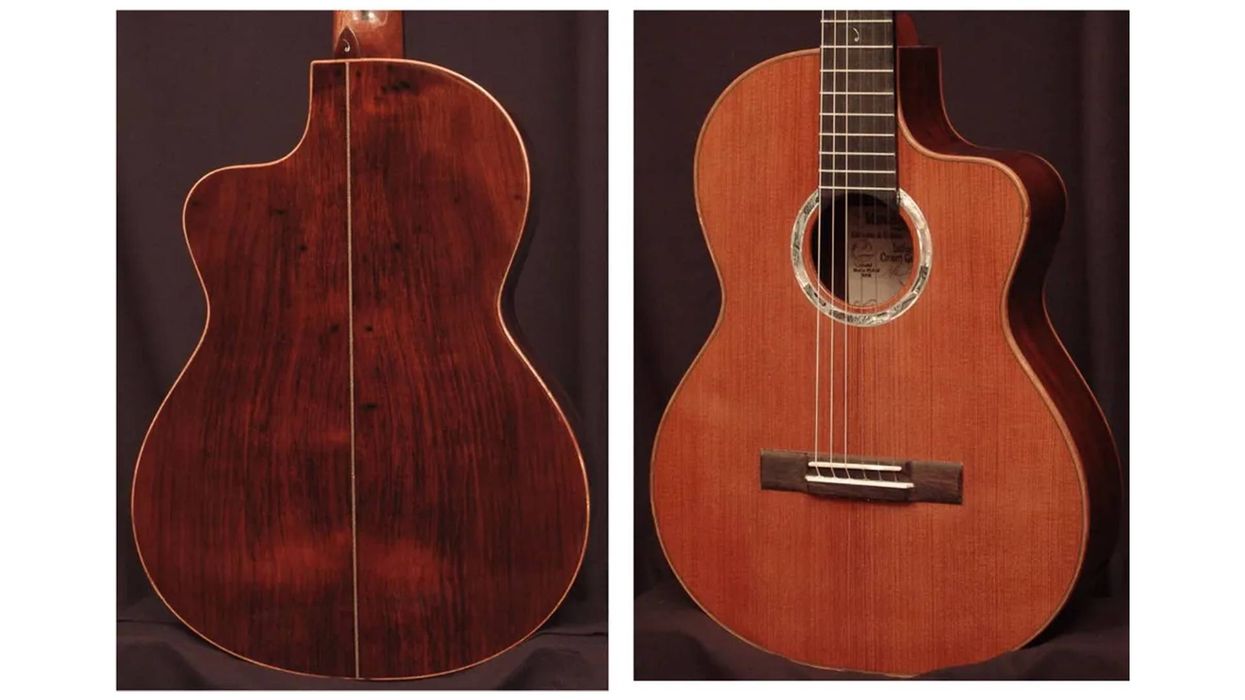Starting or joining a new band is a blast! There’s new music to create, new chums to hang with, and new sounds to explore. Which new sounds? In original music bands, in particular, this is a quandary that defines your role and the vibe of the band. If you are like me, you do a bit of everything at home: clean, classic-rock overdrive, jazzy mellow, over-the-top fuzz. It’s all fair game when it’s just for you. But once you get in a group of musicians, all listening to each other while morphing parts, how each person’s sound effects the flavor of the soup is worth considering in defining your approach. This is fun and challenging.
Do you want to play clean or distorted? How distorted? Naturally, this is a fine opportunity for amps and other new gear, depending on where you want to take it. Most of us are musical omnivores. I’ve found that after being in a band for a while where I’ve played mostly overdriven, I want to play clean atmospheric/textural guitar in the next group I play with. It’s great to mix it up, to stay fresh. Plus, to be honest, this starts to feel like a plausible justification for having so many guitars! I need my Les Paul for the rock, my Strat for slinky funk, and so on.
Some players take the opposite approach. There is a thing they do and love. They stay with that thing and continually refine it. These men and women are called … professionals!
I’m kidding a bit, but it’s also true! That said, most of us play in bands purely for fun. It’s a chance to get out, socialize, and create music. There’s no downside there. So, in that spirit, here’s a short guide to band practice and playing out with friends:
• Be a good host. Snacks and drinks are always welcome. You have a handful of musicians coming to your place after a long day of work. Perhaps they’re driving a while to get to you. Creature comforts go a long way, making for smiles and relaxed creativity. Plus, remember why you got together. We all love music and playing instruments. Shrug off the day’s stress. It’s time to rock!
• Listen. Did the bass player just play the wrong notes … but it sounded great? Go with it! Ask him to do it again. Are you playing lead riffs over the vocals? Pull back and find the punchiest place to step out. Music is as much about space as it is about the notes you play.
• Do your part: Help move gear. One group I was in had a guitar player/singer who would leave the stage immediately after our sets to greet the adoring crowd, leaving me and the rest of the band to move our gear and his offstage so the next band could start. Occasionally a star is born, but until you have roadies, you better do your share!
• Bring what you need. Do you have your strap, picks, extension cords, spare strings, drummer?
• Don’t drink too much at practice or onstage. Stages are usually hot, thirsty places. By the time you realize you are a bit too jolly, your rhythm and chord-change memory are fading. Please don’t ask how I know.
Here’s an anecdote: Years ago, a drummer friend’s band was on a college-town club tour. Two weeks in, they found themselves the only band playing in a town they’d never been to before. It’s 10 p.m. and not a soul is there. So they figure, “Hey, it’s been a push so far, let’s relax tonight. No one is coming so we’ll get loose, open-bar style.” So they do. At 11:15—when the band is now very well lubricated—people start showing up. Lots of people. The place is packed. The bartender decides this is the time to tell them no one shows up till 11:30! Thanks fella. Our boys then have a two-hour knuckles-dragging set to perform. I can only imagine how it sounded, but my friend said playing that set was the most difficult, demoralizing, self-inflicted pain the band ever endured.
• Clear the stage when you’re done. And on a final note, to keep in the good graces of local clubs and the bands you may open for, when it’s time to get off the stage, do so graciously and quickly. I love being the opening band. Hey, I’m in my mid 50s. Being done with our set by 11 p.m. or even earlier is the greatest!
Until next time, rock hard and pass the snacks.






